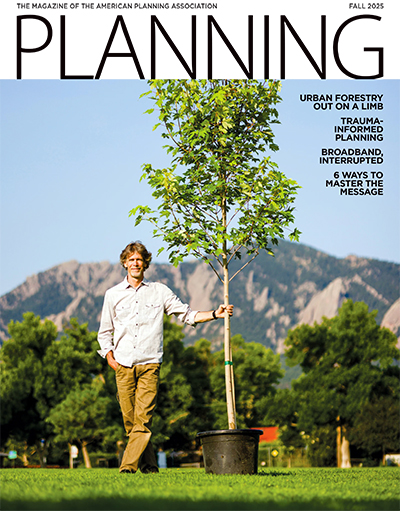May 1, 2021
This month, as we celebrate Asian American and Pacific Islander (AAPI) Heritage Month, we honor the countless AAPI urbanists who have nurtured our cities and advanced the field of planning.
The Asia-Pacific region spans nearly 50 countries and more than 100 languages, but these people share a commitment to social justice, historical and cultural preservation, and shaping future generations.
Historically, the urban planning profession has been white dominated, and certain tools and policies such as redlining, exclusionary zoning, and urban renewal programs have eroded the neighborhoods and cultures of marginalized people. In light of increased anti-Asian violence across the U.S., it's more important than ever to listen to and recognize the accomplishments of our peers and advocate for equity inside and outside the field of planning.
Asian Americans' contributions to urban planning
Our selection of 12 planners, architects, historians, and community organizers is by no means comprehensive, but is intended to shine a spotlight on the many ways that Asian Americans and Pacific Islanders have built careers in service of their communities, especially in the face of adversity.
In (roughly) chronological order, here is a selection of the many Asian American and Pacific Islander urbanists you should know about:
1. I. M. PEI (1917 – 2019)
Born in Guangzhou, China, Pei is recognized as one of the greatest thinkers in modernist architecture. As a young student interested in cubism and simple geometries, he was discouraged by the traditional Beaux-Arts style taught in classes, but he persevered and obtained degrees at Massachusetts Institute of Technology and Harvard University. Pei made a name for himself as an architect in the New York real estate industry and went on to design masterpieces like the East Building of the National Gallery of Art in Washington, D.C., and the glass pyramid outside the Louvre.
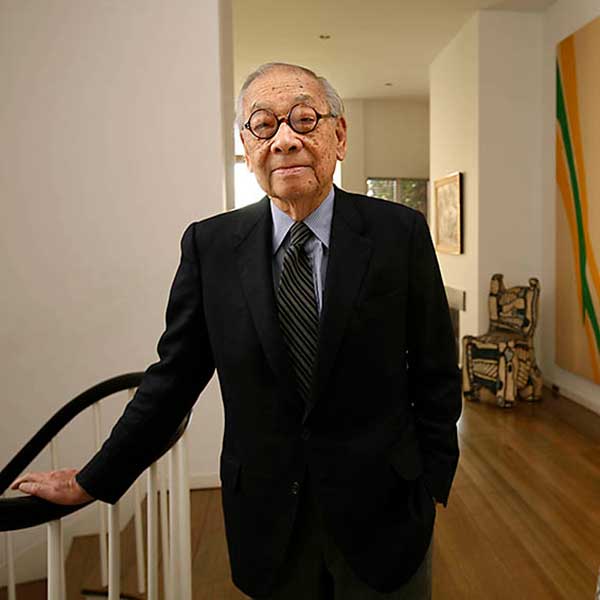
I.M. Pei. Photo by Tony Cenicola/The New York Times.

Pei-designed Louve Pyramid. Photo by lucamato/iStock Editorial/Getty Images Plus.
2. FRED CORDOVA (1931 – 2013)
Cordova was a lifelong champion of Filipino Americans. Adopted and raised by migrant farm workers, he grew up in Stockton, California, where institutions proudly displayed racist signs like "Positively no Filipinos allowed." Later in life, he and his wife, Dorothy Laigo Cordova, were active in Seattle's Asian community, developing after-school programs through Filipino Youth Activities of Seattle, creating national archives through the Filipino American National Historical Society, and advocating for the Filipino American History Month we now celebrate every October.
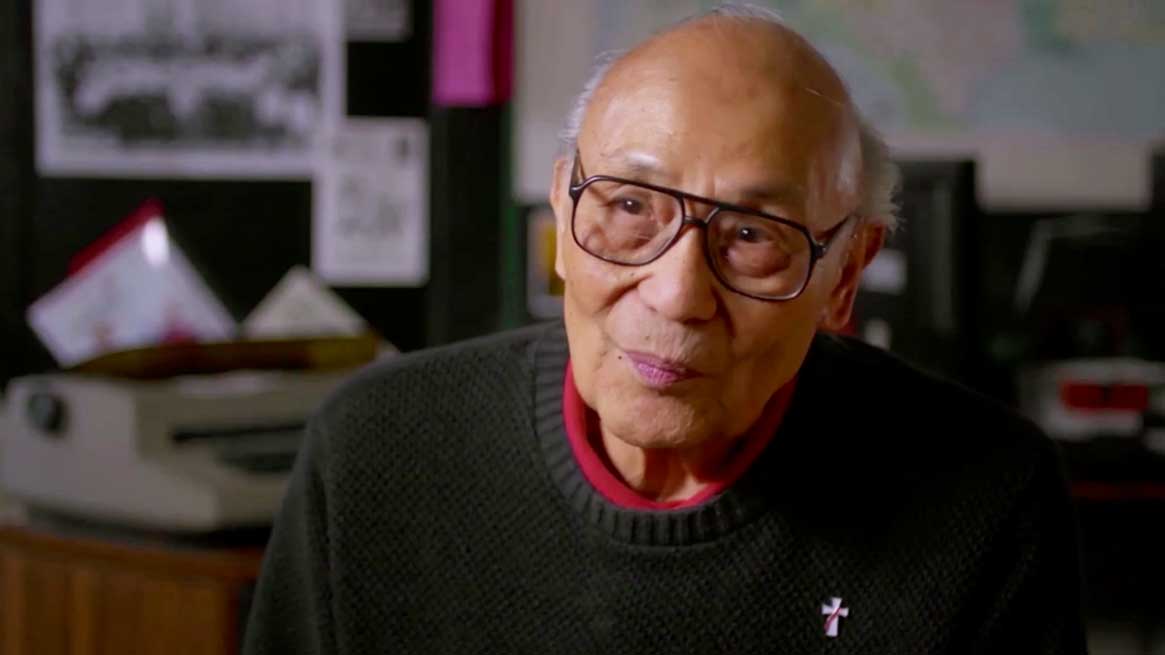
Fred Cordova. Photo courtesy of Sabado Productions.
3. NORMAN YOSHIO MINETA (1931 –)
In his 90 years of life, Mineta has achieved a lot of firsts: first Japanese American mayor of a major U.S. city, San Jose; first Asian American in a presidential cabinet, as Clinton's commerce secretary; and the longest-serving Secretary of Transportation, as the only Democrat in President George W. Bush's cabinet. Mineta was incarcerated in an internment camp as a child during World War II, and one of his crowning achievements is the passage of the 1988 Civil Liberties Act, which apologized for and redressed that time of mass incarceration.
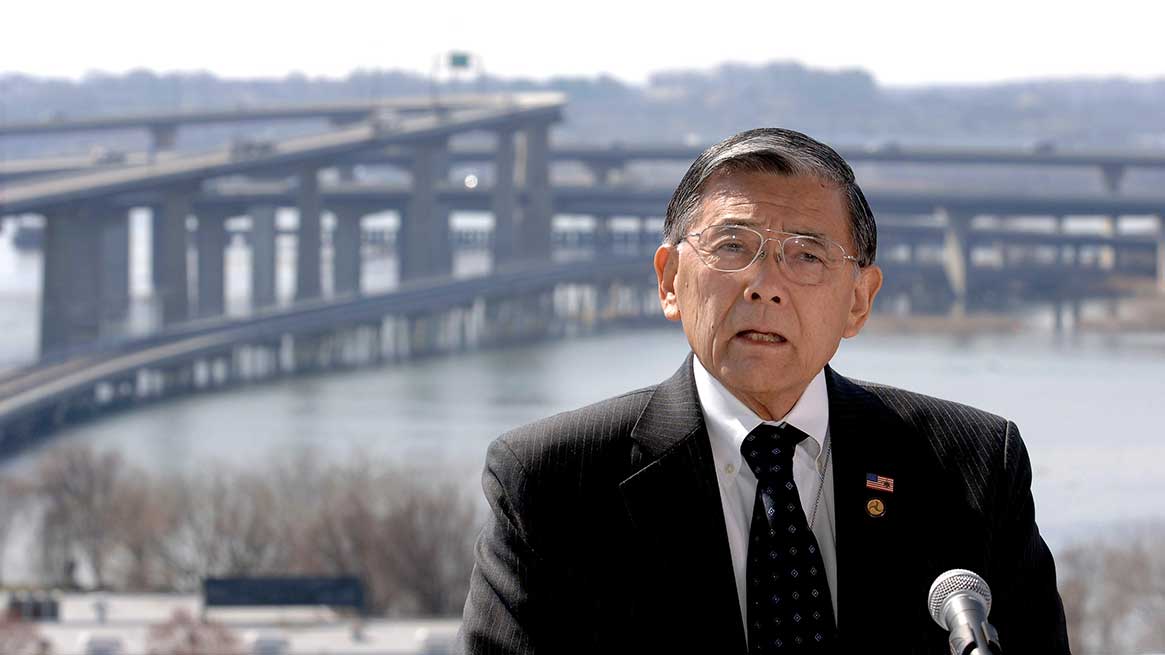
Norman Mineta. Photo by UPI Photo/Kevin Dietsch/Alamy.
4. ROBERT "BOB" SANTOS (1934 – 2016)
Santos's advocacy is crucial to understanding the civil rights history of Seattle. The Filipino-indigenous activist was known to the community as "Uncle Bob" for his support of Seattle's Chinatown-International District, which was in danger of gentrifying and displacing its low-income residents. In the 1960s, Santos used his stature in the Catholic Church to secure meeting space for civil rights activists and was later known as a member of the "Gang of Four," a group of multiracial organizers that fought for marginalized people across the city.
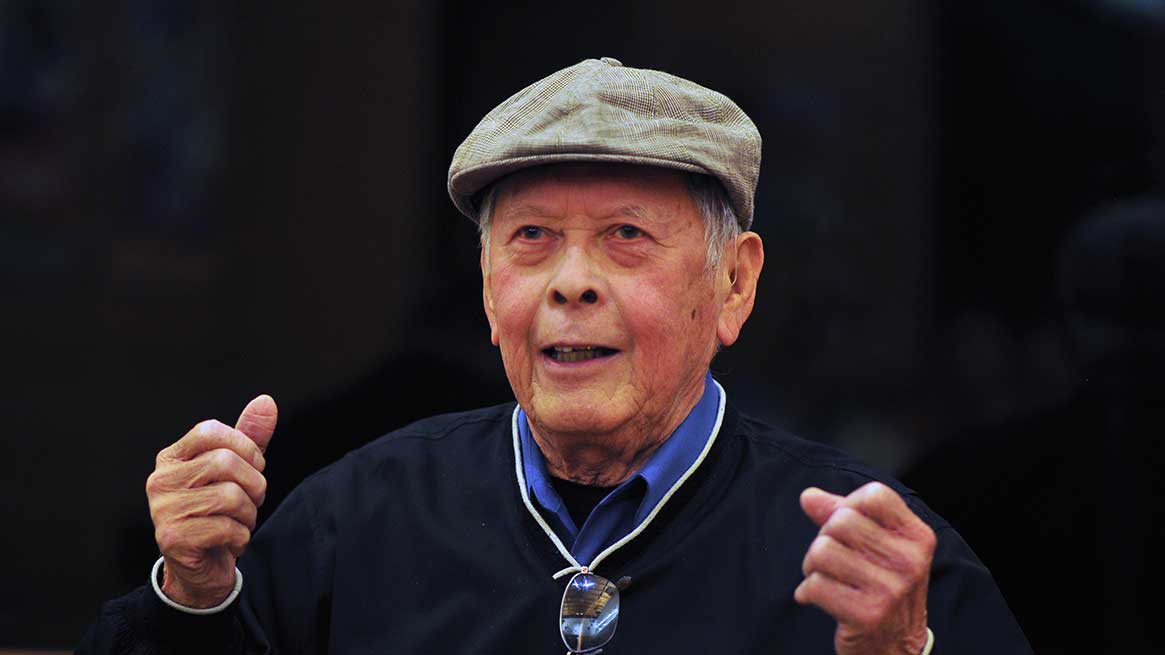
Robert Santos. Photo by Joe Mabel.

Maxine Kahaulelio. Photo courtesy of Ed Greevy.
5. MAXINE KAHAULELIO (1938 –)
Kahaulelio has been active in Hawaii's demilitarization movement since the late 1970s. As a community organizer, she fought against evictions in Oahu's Chinatown and Waiāhole communities and advocated for the U.S. military to stop bombing Kaho'olawe and Pōhakuloa. Alongside Moanike'ala Akaka, Kahaulelio was published in Nā Wāhine Koa, an anthology by Noelani Goodyear-Kaopua about Hawaiian activism and the movement for sovereignty.
6. MOANIKE'ALA AKAKA (1944 – 2017)
Akaka was a fierce advocate for the rights, culture, and languages of Native Hawaiians. She was often on the frontlines of fights — leading protests against an upscale resort that evicted Hawaiian farmers and against the construction of the Thirty Meter Telescope atop Mauna Kea — and she wasn't afraid of being arrested. She was a founding member of Ka La Hui, which advocates for Hawaiian self-determination, and Protect Kahoʻolawe ʻOhana, which helped end the U.S. military's practice of dropping bombs on the island.

Moanikeʻala Akaka. Photo courtesy of Honolulu Star-Bulletin.
7. PAUL ONG (1949 –)
As professor emeritus at UCLA specializing in urban planning, social welfare, and Asian American studies, Ong is an urbanist with wide-ranging interests. He's conducted studies on labor, environmental justice, and immigration, and is currently researching the relationship between sustainability and equity, among other projects. At UCLA, he's the founder and director of the Center for Neighborhood Knowledge and editor of AAPI Nexus, a journal that explores community development, education, and other topics in relation to Asian Americans and Pacific Islanders.
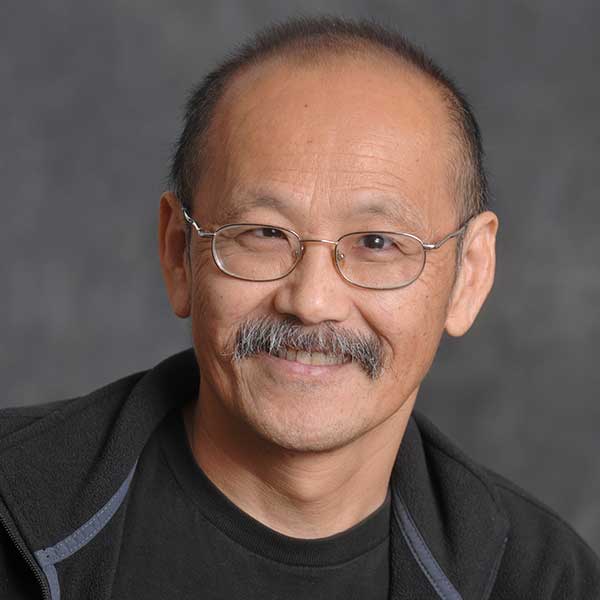
Paul Ong. Photo courtesy of Paul Ong.
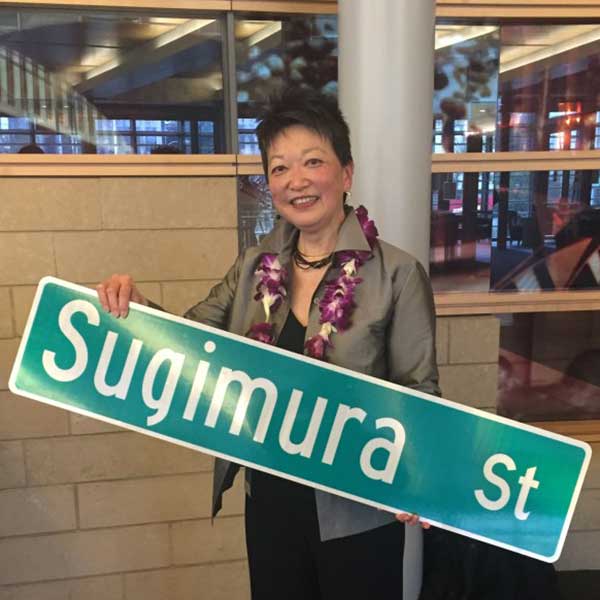
Diane Sugimura. Photo courtesy of Seattle.gov.
8. DIANE SUGIMURA (1949 –)
Sugimura is a dedicated leader and public servant who spent 38 years working for the city of Seattle, 14 of which was spent as the head of Seattle's Department of Planning and Development. During her tenure, she prioritized racial equity, environmental sustainability, and affordability for Seattle residents, and now in her retirement, she is an active board member of the Wing Luke Museum of the Asian Pacific American Experience, among other volunteer positions.

Manjusha Kulkarni. Photo courtesy of Manjusha Kulkarni.
9. MANJUSHA P. KULKARNI (1969 –)
Kulkarni is a racial justice attorney with a long history of advocacy. She's worked at the Southern Poverty Law Center, ACLU of Southern California, and the South Asian Network, and is currently the executive director of the Asian Pacific Policy & Planning Council (A3PCON), a coalition that advocates for mental health services, environmental justice, and other issues for AAPI residents of Los Angeles. She also cofounded STOP AAPI HATE, a hate crime reporting center that's taken on new resonance as anti-Asian attacks have increased across the country.
10. MAYA LIN (1959 –)
As a 21-year-old student at Yale, Lin won a competition to design the Vietnam Veterans Memorial in Washington, D.C. Her design — etching the names of Vietnam War veterans into a V-shaped black granite wall — is now one of the most hallowed sites in the nation's capital. Since that unconventional debut, the Chinese American architect has become known for her environmental advocacy and her design of other civic sites, such as the Civil Rights Memorial in Montgomery, Alabama. In 2016, Lin was awarded the Presidential Medal of Freedom.
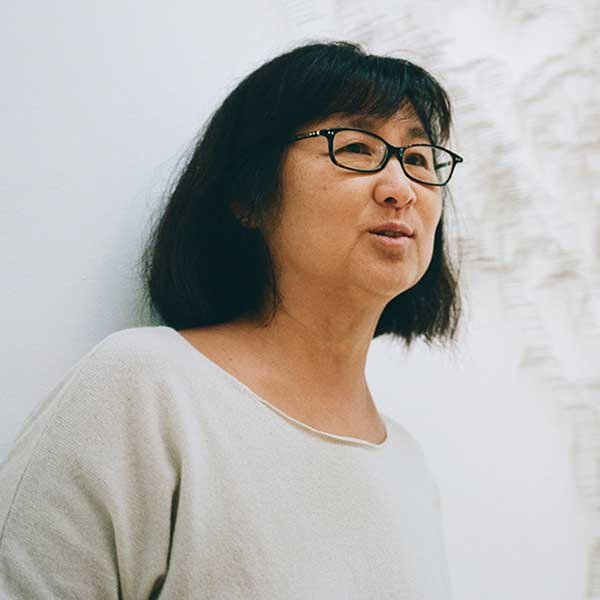
Maya Lin. Photo by Dana Scruggs/The New York Times.

Lin-designed Vietnam War Memorial. Photo by TalbotImages/iStock Editorial/Getty Images Plus.
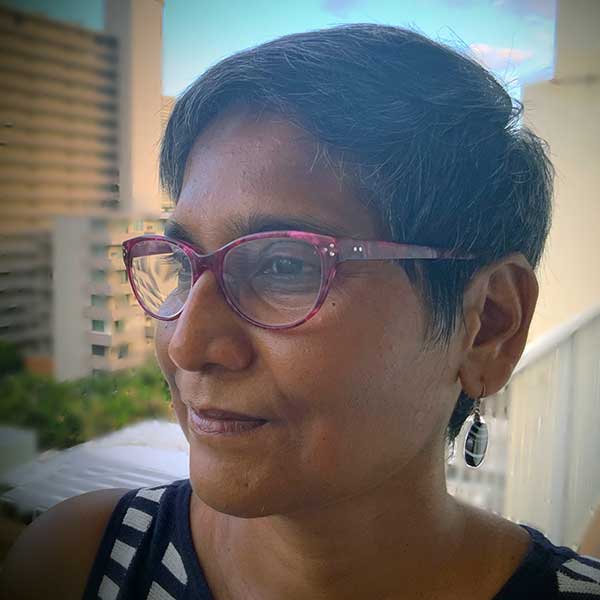
Monisha Das Gupta. Photo courtesy of Monisha Das Gupta.
11. MONISHA DAS GUPTA (1961 –)
Das Gupta is an Indian-American scholar whose research focuses on labor and migrant rights, particularly for South Asians. She's a professor of ethnic and women's studies at the University of Hawai'i at Mānoa and the author of Unruly Immigrants: Rights, Activism, and Transnational South Asian Politics in the United States. She recently published a study on Khmer Girls in Action, an activist organization that serves teenagers in refugee families and "connect[s] the U.S. war in Cambodia with the war on crime and gangs in Long Beach."
12. DAWN BOHULANO MABALON (1972 – 2018)
Mabalon dedicated her career to documenting the vibrant history of Filipino Americans in California. She was a professor of history at San Francisco State University, where she researched the contributions of Filipino workers to the 20th century farm labor movement, and was cofounder of the Little Manila Foundation, which sought to preserve Stockton's Little Manila neighborhood. Her book, Little Manila Is in the Heart, includes some of her own family history.
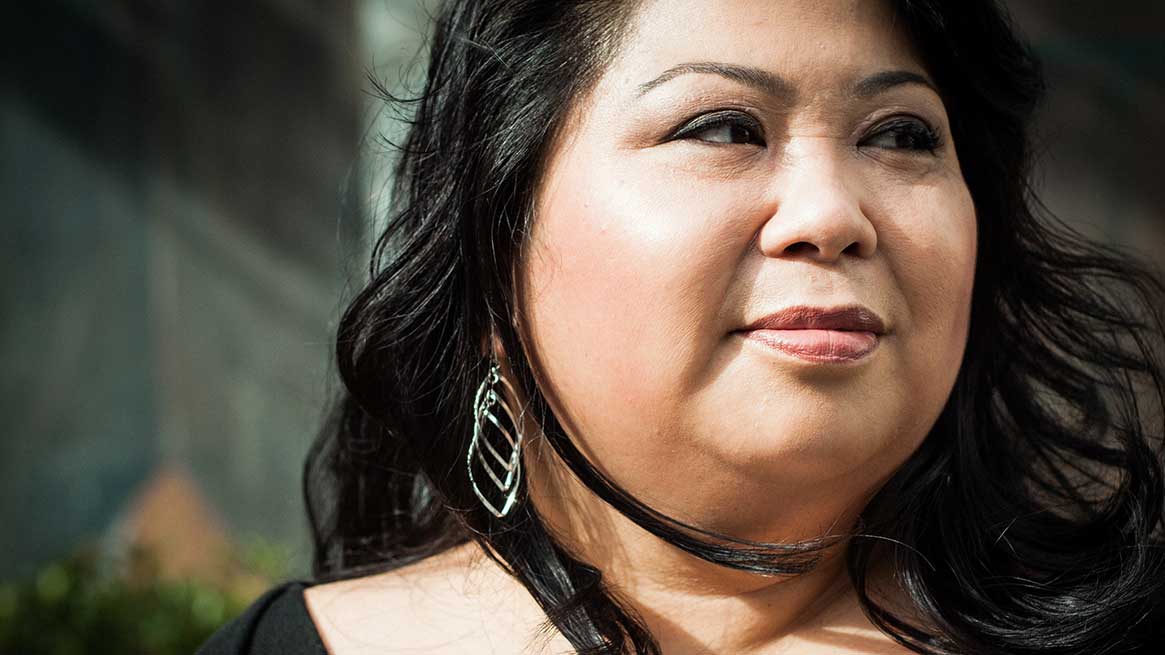
Dawn Bohulano Mabalon. Photo courtesy of Jeremy Villaluz.
This list was compiled with the assistance of Wei Li, Ph.D., professor of Asian Pacific American Studies at Arizona State University; Dr. Karen Leong, associate professor of women and gender studies and Asian Pacific American studies at ASU; and Marie R. Wong, Ph.D., professor emerita in urban planning and Asian American Studies at Seattle University.




